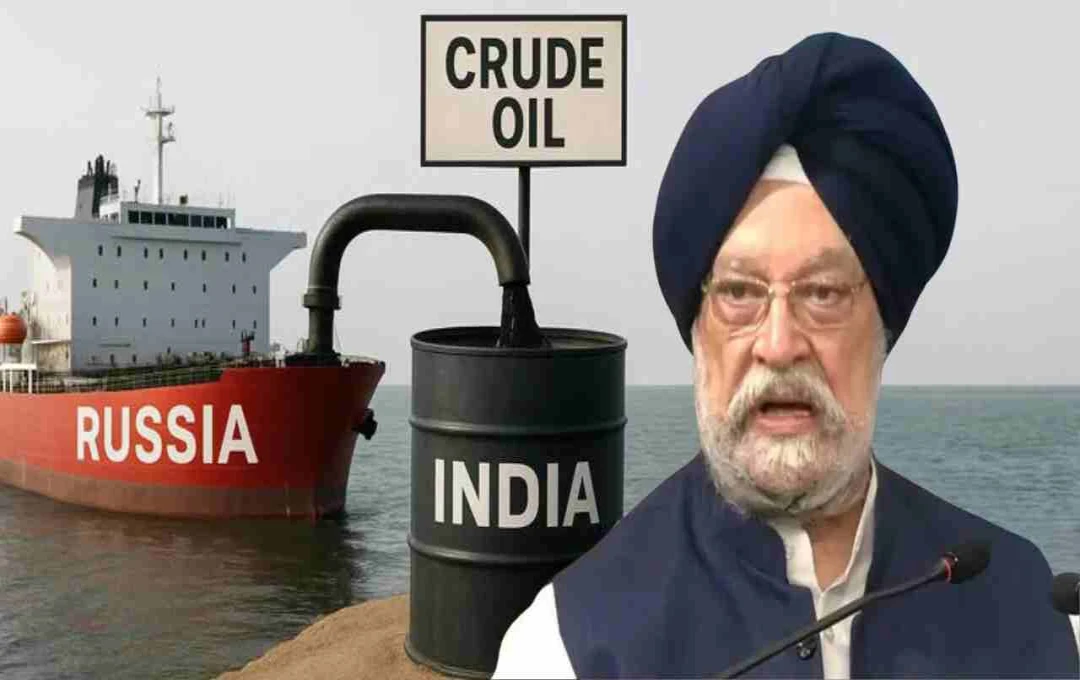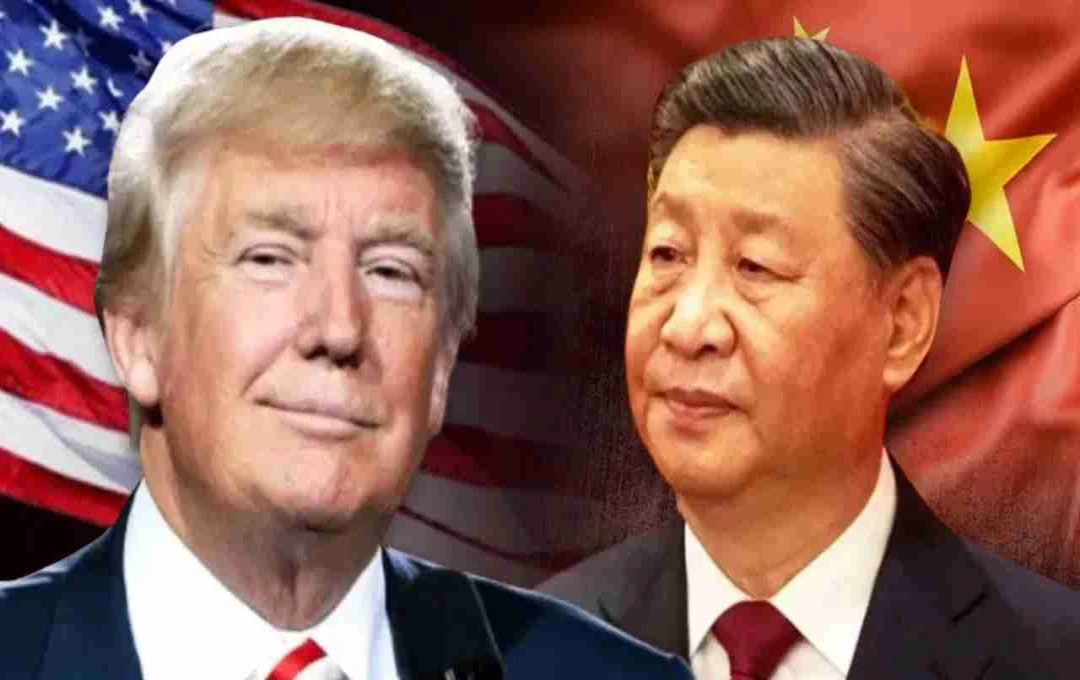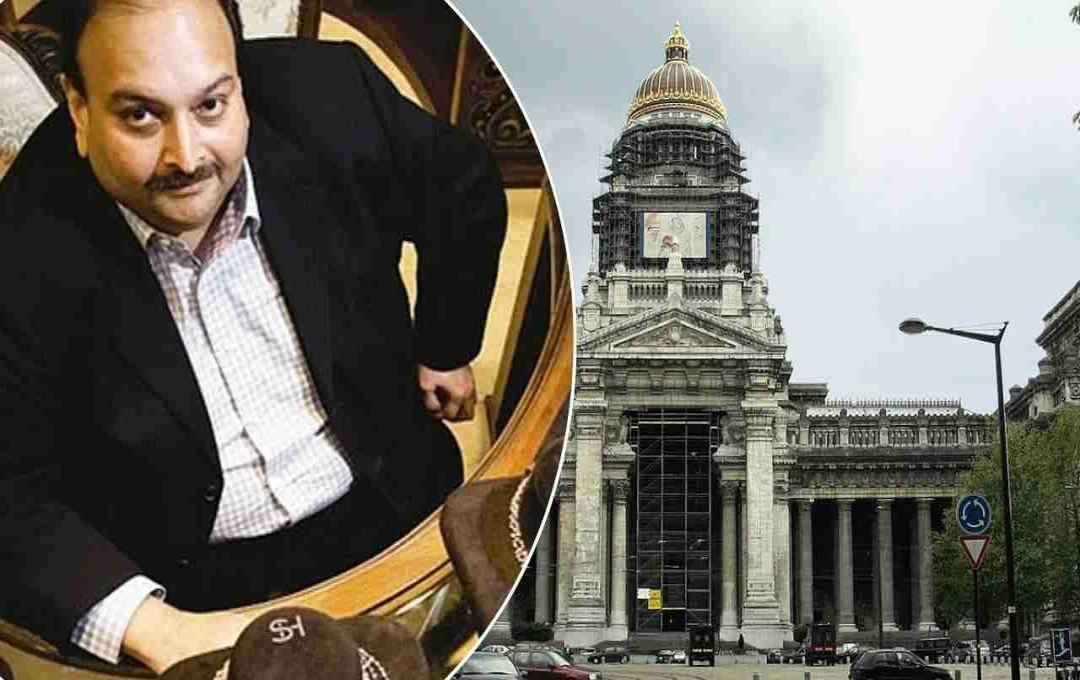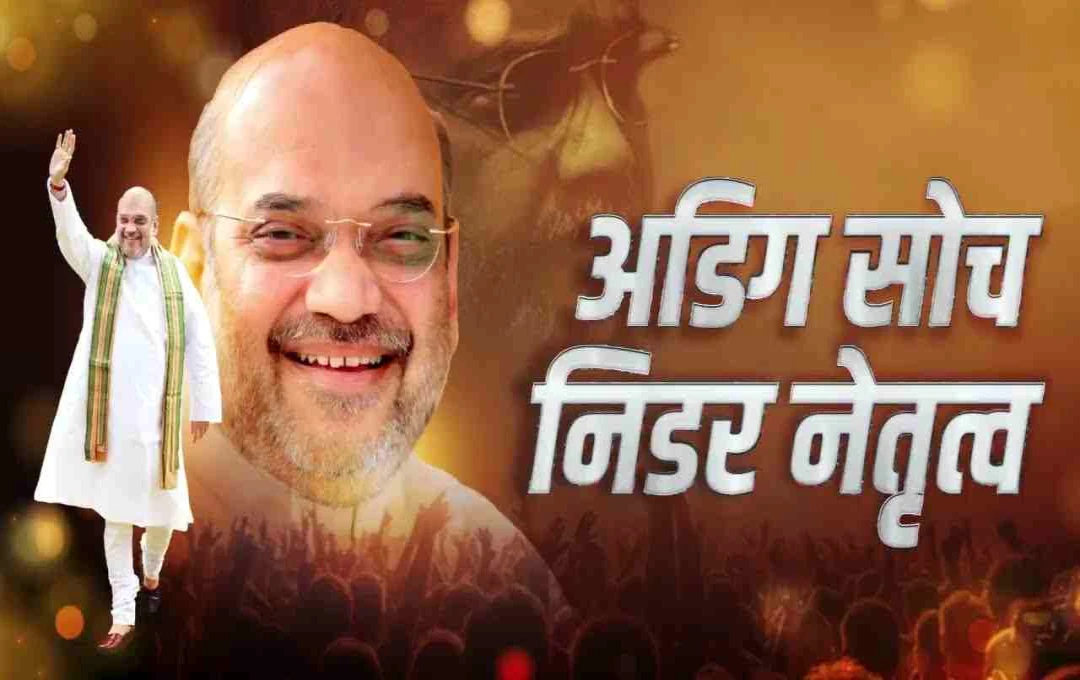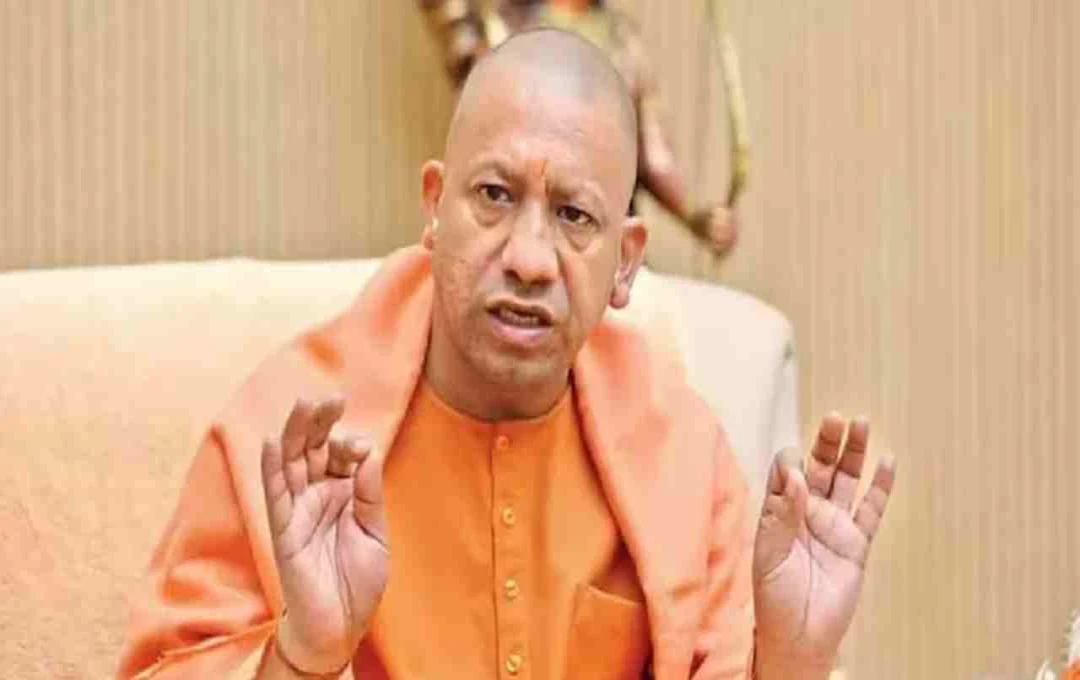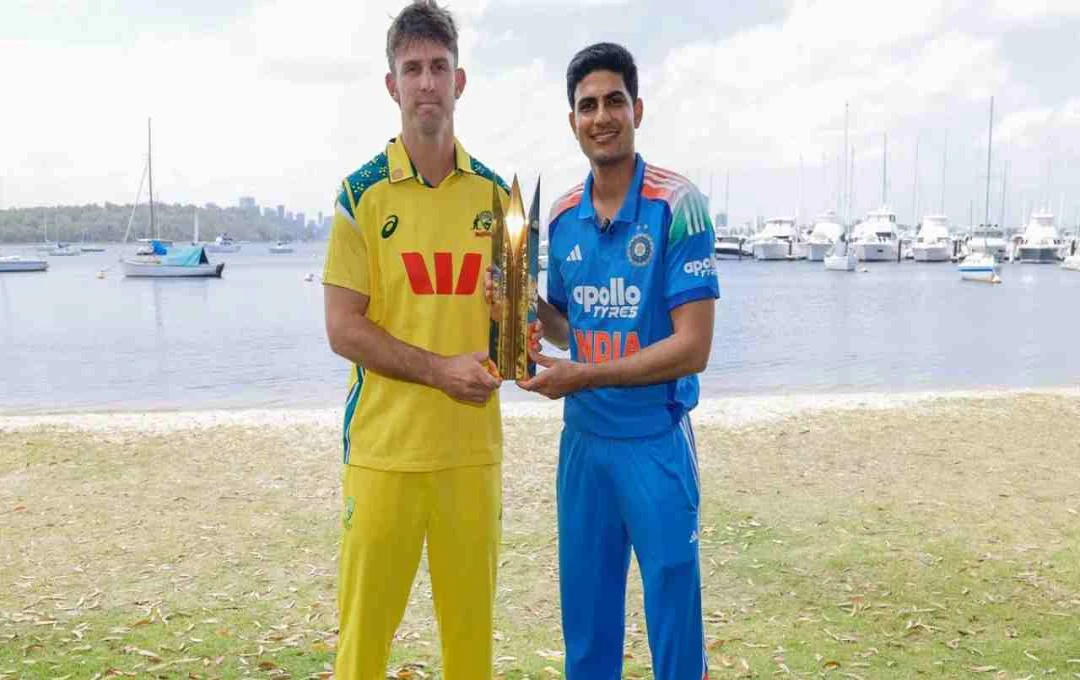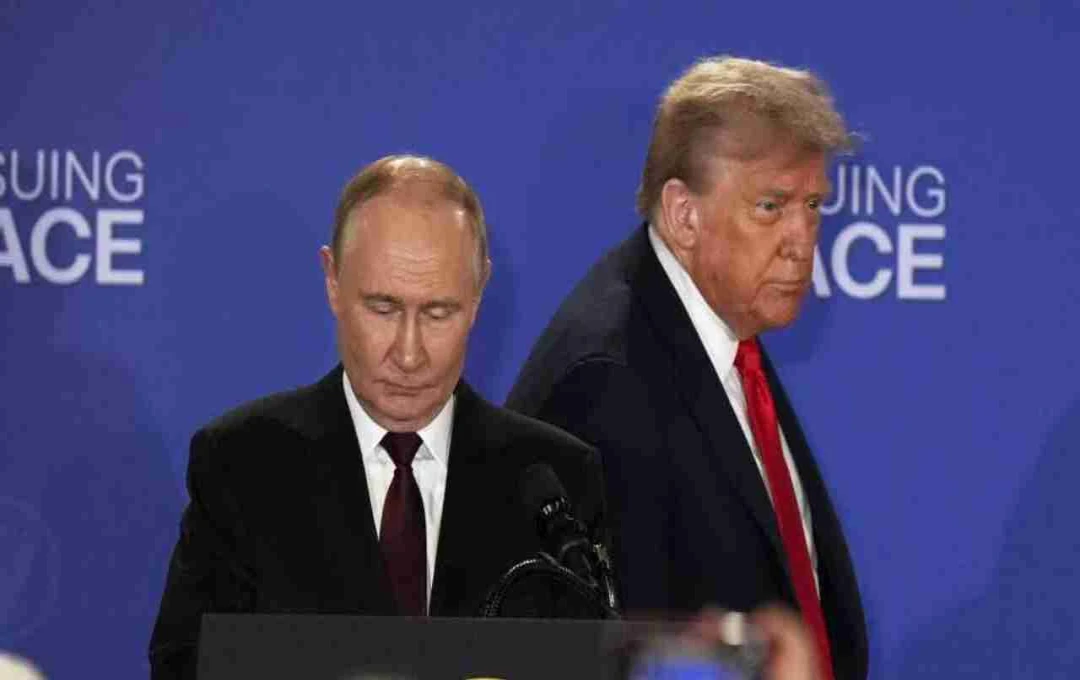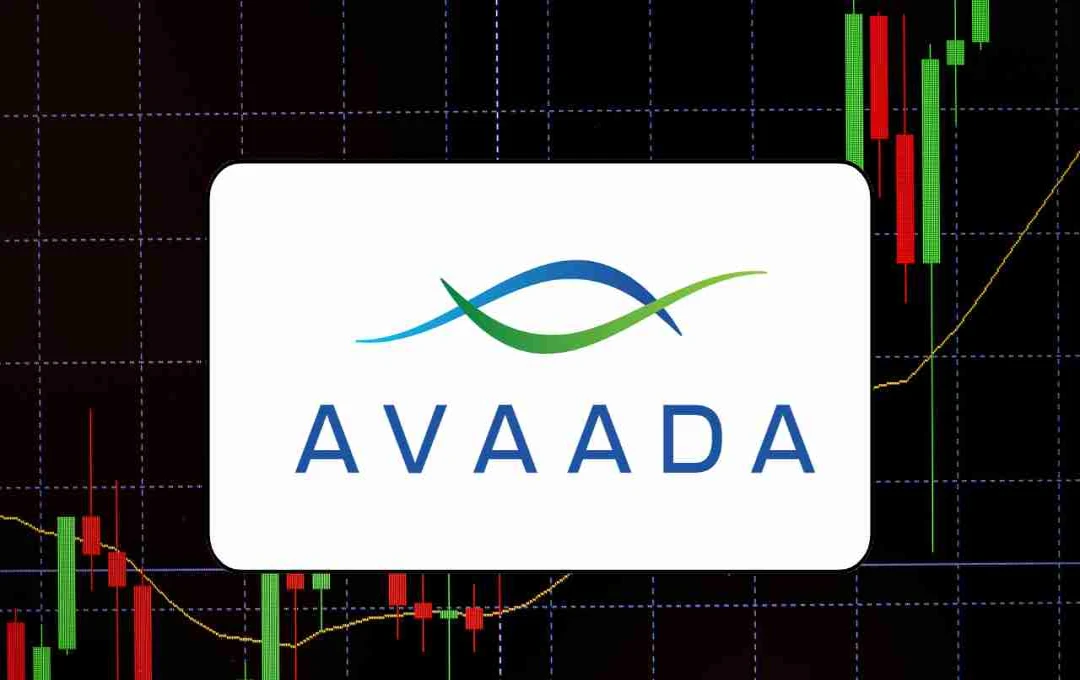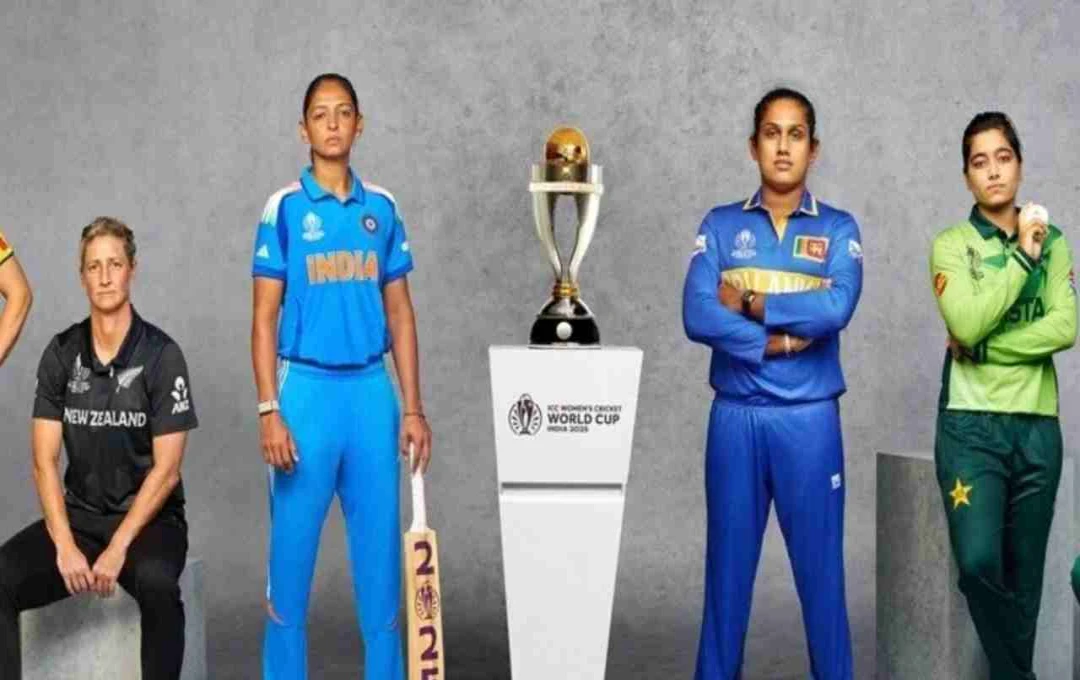Union Minister for Petroleum and Natural Gas, Hardeep Singh Puri, recently bly retorted to the comments made by White House trade advisor Peter Navarro. Navarro had accused India of profiting from Russian oil and becoming a 'laundromat'.
New Delhi: Union Petroleum Minister Hardeep Singh Puri has completely rejected the 'laundromat' comment made by White House trade advisor Peter Navarro. He clearly stated that India has not broken any rules by purchasing Russian oil after the Ukraine war and that the country's energy trade policy has helped stabilize the global market and control prices.
Here, laundromat refers to a process or place that makes questionable things appear legitimate. Puri, writing in an English newspaper, stated that India has not engaged in any profiteering. He explained that even before Russia attacked Ukraine in February 2022, India was the fourth largest exporter of petroleum products in the world, and India's exports and profits have remained roughly the same even after the war.
Navarro's Accusation
In several posts on social media, Peter Navarro called the Ukraine war 'Modi's war' and claimed that India was funding Russian President Vladimir Putin's war machine. He described India as a 'democratic laundry in the hands of an oil lobby' and also shared a picture of Prime Minister Narendra Modi in saffron robes. Navarro also alleged that India was refining Russian oil and exporting it to Europe, thereby making a profit in the process.
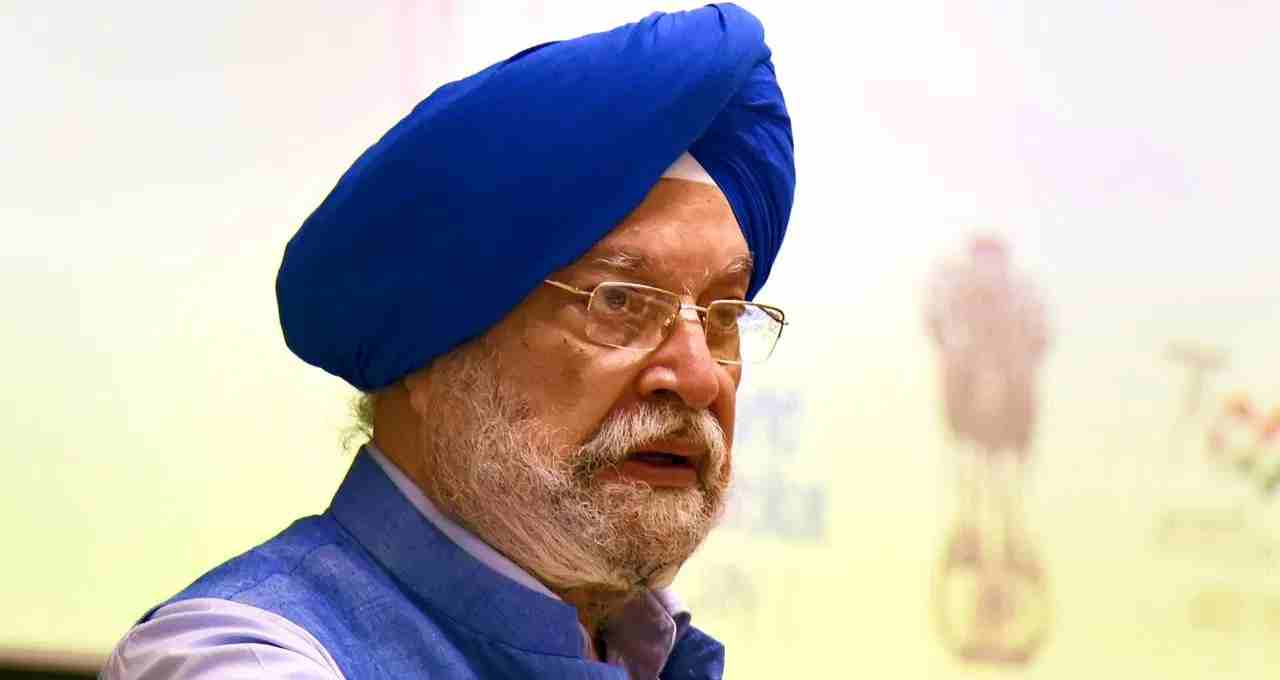
Hardeep Puri's Strong Response
Puri completely rejected this and stated that India had not broken any rules. He wrote that India stabilized the global market and prevented price surges through the legitimate import of oil from Russia. Puri further added: "India has been a major exporter of petroleum products for decades. Purchasing oil from Russia and refining it is a legitimate trade. There is no question of profiteering. Our policy has maintained balance in global energy supply."
Puri explained that India's share in oil imports from Russia increased from one percent to about 40 percent after the Ukraine war. This was because Western countries imposed sanctions on Russia, and India was getting oil at a discount. Puri clarified that India had followed all rules. He stated that trade was conducted through shipping, insurance, and certified traders. He added that if India stopped buying oil from Russia, crude oil prices could have gone up to $90 to $100 per barrel.
Puri also informed that India had taken several steps to provide relief to its citizens. Public sector oil companies incurred losses of up to Rs 10 per liter on diesel, central and state governments reduced taxes, and a rule was implemented to ensure domestic supply while exporting petrol-diesel.
